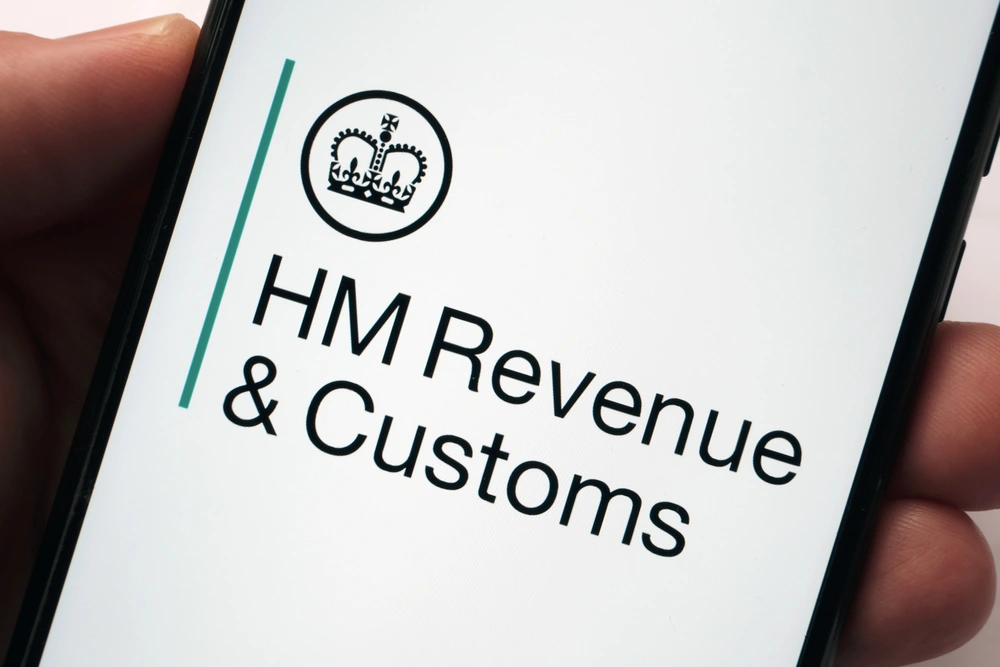We understand how frustrating it can be when your credit application is turned down. It can raise lots of questions too.
Perhaps you’re unsure why you were declined or what impact this could have on your finances.
So we find out if rejection impacts your credit score, or not. Plus, we discover common reasons why lenders refuse credit. And we’ve also got tips to help you boost your chances next time round.
Does rejection impact your credit score?
Surprisingly, the outcome of your application doesn’t impact your credit score. It makes no difference if you’re accepted or rejected by the lender.
The actual act of applying for credit, however, does have an impact. Lenders will perform a hard search on your credit report every time you apply. (This is to check your past financial behaviour). A single hard search can cause your credit score to drop temporarily, but this is to be expected.
However, making multiple applications within a short space of time can reduce your credit score further. It could give lenders the impression that you are struggling financially. As a result, they may decide it’s too risky to lend you money, from their point of view.
How long do hard searches stay on my credit report?
Hard searches typically stay on your credit report for 12 months, before naturally dropping off. Some debt collection checks can remain on file for longer.
The impact a hard search has will decrease over time if you maintain your repayments on time, every time.
Can you get hard searches removed from your credit report?
Hard searches can’t be removed from your credit report unless they were applied in error. For example, if they were applied as a result of identity fraud.
What should I do when I have been refused credit?
Space out your applications
One of the main UK credit reference agencies, Experian, suggests limiting applications to one every three months, at the most. This should help to reduce the impact of hard searches on your credit score.
It’s worth noting that this is not an exact science. The effect hard searches have varies from person to person. For example, if you have a good credit score it could act as a bit of a cushion.
Find out why your application was rejected
There are many reasons why a lender might reject an application, and it doesn’t mean you’ve done anything wrong.
We suggest getting in contact with the lender to find out why they declined your application. It’s also worth checking your credit report with all three main credit reference agencies in the UK: Experian, Equifax and TransUnion. This will help you to identify any areas that could be improved.

Your next steps depend on the reason given by the lender. Every lender follows their own guidelines, but three common reasons for being declined credit include:
Credit score and credit history
Your credit score indicates your creditworthiness to lenders, and your credit history shows how well you’ve managed your finances in the past. The two things go hand in hand. Generally, the better your credit history, the higher your credit score. In turn, the more attractive you’ll appear to lenders.
Unfortunately, if you have a bad credit history (due to late or missed payments, for example), then lenders may see you as high risk. But it doesn’t have to stay that way.
Credit scores aren’t set in stone. They go up and down depending on your financial behaviour. So if you maintain your repayments on time, every time from now on, then your score will build up over time.
You may be wondering how you’re going to do this if you’re unable to obtain credit with a thin credit file. If this is the case, check out our four top tips to help you bulk up your credit report.
Mistakes on your credit report
Any mismatched data on your credit report can impact your credit score. Lenders want to make sure you are who you say you are. Any differences between your application form and your credit file could appear fraudulent to lenders, even if it’s an honest mistake.
A mistake could delay your application whilst they investigate it, and it could increase your chances of rejection. So it’s important to check your credit reports with all three agencies on a regular basis. Then you can nip any errors in the bud, and limit the damage.
Don’t worry, checking your own credit report won’t affect your credit score or leave a footprint behind.
If you spot a mistake, it’s best to contact the credit reference agency to explain as soon as possible. Then they will ask the lender to investigate it for you. Make sure you provide any supporting evidence to help with their decision.
Bear in mind, credit scores are not the be-all and end-all. There are other factors that lenders take into account (such as income and outgoings, for example). Each lender uses different criteria, so you may find you’re rejected by one and accepted by another.
Affordability
Affordability is a big factor. Lenders need to feel confident that you can afford to repay them. So they’ll review your income and outgoings to make sure you’re not overstretching yourself. If you are near the top of your credit limit, for example, then they may see this as a potential ‘red flag’.
In this situation, it may help to create a budget and write down all of your income and outgoings. Then see if there are any areas you could cut back on. For example, are there any gym or TV subscriptions you rarely use?
We’ve put together six simple steps to help you create a budget.
If you feel like you are struggling with debt, try contacting a debt advice service, like StepChange or Citizens Advice. They offer free, non-judgemental advice.
Use eligibility calculators before you apply
Bear in mind, there are lenders who specialise in providing finance to those with bad credit. They may be able to help if you’re finding it hard to get credit (but the interest rates are usually higher than mainstream lenders, due to the risk involved).
Or, you may prefer to improve your credit score and try and get a cheaper deal further down the line.
Either way, before you make your next application, consider using an eligibility calculator. This will show you how likely you are to be approved. It’ll only perform a soft search on your credit report, so it won’t affect your credit score at all. This means you can run it as many times as you like, to find the best deal for you, with the highest chance of approval.
If you’d like more tips, read our article ‘how to improve your credit score in just 30 days’.










